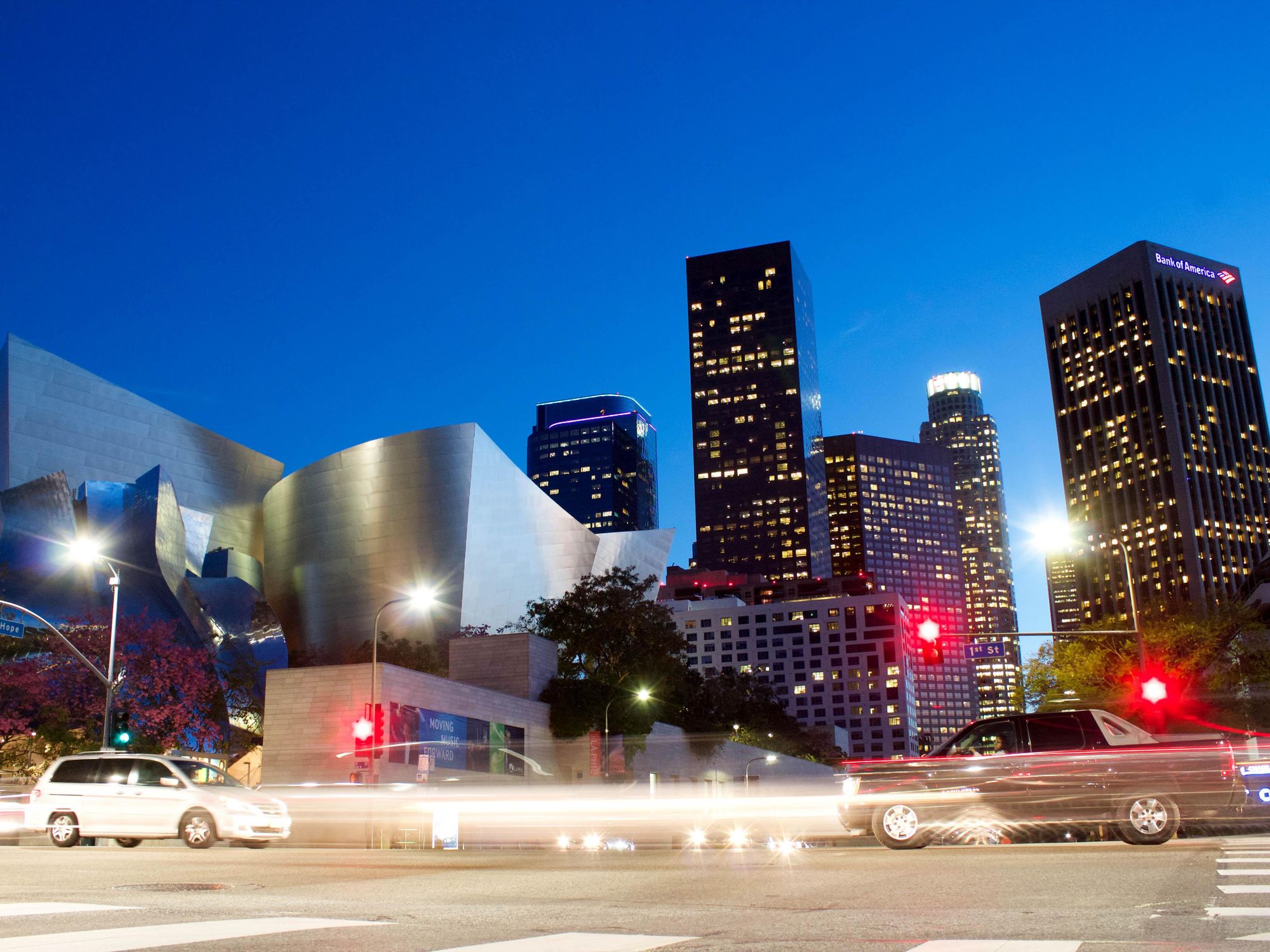'I Don't See Any Slowing Down': LA VCs End Record Year on a High Note
Ben Bergman is the newsroom's senior finance reporter. Previously he was a senior business reporter and host at KPCC, a senior producer at Gimlet Media, a producer at NPR's Morning Edition, and produced two investigative documentaries for KCET. He has been a frequent on-air contributor to business coverage on NPR and Marketplace and has written for The New York Times and Columbia Journalism Review. Ben was a 2017-2018 Knight-Bagehot Fellow in Economic and Business Journalism at Columbia Business School. In his free time, he enjoys skiing, playing poker, and cheering on The Seattle Seahawks.

Even a raging pandemic and sagging economy could not slow down startupland, which set new records for deal value, exit value and capital raised.
Investors deployed $156.2 billion into startups, liquidated $290.1 billion of value via exits and closed on $73.6 billion in traditional VC funds, according to the PitchBook-NVCA Venture Monitor released Thursday, which is jointly produced by PitchBook and the National Venture Capital Association (NVCA). Firms are starting this year with $152 billion in dry powder at their disposal.
"The unprecedented macro events of 2020 did not deter the overall VC industry, which reached another banner year across the venture cycle," said Bobby Franklin, president and chief executive of NVCA, in a prepared statement.
At least one out of every 10 venture investment dollars flowed through Los Angeles, which continued to demonstrate its heft as a tech hub, trailing only the Bay Area in total deal value. That was tied with New York, but whereas that city saw a 16.9% decline in deal value, Los Angeles saw a 38.9% increase.
"I don't see any slowing down in the Los Angeles ecosystem," Kelly Perdew, co-founder and managing general partner of Moonshots Capital told dot.LA. "I see it growing and growing."
L.A. did see 10% fewer deals in 2020, which was emblematic of a national trend of fewer but bigger deals.
L.A. ended the year on a strong note with $3.2 million worth of deals in the fourth quarter, more than double the same period as 2019 and more than any quarter in 2020 except the third quarter.
Relativity Space, which uses 3-D printers to make rockets, led the list. Founded by SpaceX alum Tim Ellis in 2015, the Long Beach company raised a $500 million Series D round led by hedge fund Tiger Global Management in November that values the company at $1.8 billion.
Another infusion came from Scopely investors, who poured $340 million in Series E funding into the video game company in October at a $3.3 billion valuation, nearly doubling the company's $1.7 billion post-money valuation from a $200 million deal in March.
Los Angeles fundraising was also robust in the fourth quarter, with nearly $2.5 million raised across 18 vehicles, almost tripling the haul raised in the last quarter of 2019.
Those included Sinai Capital Partners, which announced in November a $600 million second fund, $500 million of which will go towards the tech-focused Sinai Ventures. There was also Westlake Village BioPartners, the two-year-old firm focusing on life science and therapeutic companies. In December, it announced the raise of two new funds together worth $500 million.
This year is already off to a promising start with Santa Monica-based March Capital announcing Thursday it has closed its third fund, a $450 million vehicle to continue the firm's focus on enterprise software companies.
If there was a downside to 2020's venture activity it would be that most capital is going towards bigger firms, harming efforts by women and founders of color to gain a toehold in the industry. Established firms secured nearly 75% of total capital raised in 2020, the highest share since 2012.
"In times of uncertainty people like to go with a known quantity," Perdew said.
- Navigating the Venture Capital World as a Black Person - dot.LA ›
- The Largest Venture Capital Raises in Los Angeles in 2020 - dot.LA ›
- Los Angeles Notches Record Levels of VC Investment in Q2 - dot.LA ›
- Moonshots Capital Raises a New Fund II - dot.LA ›
- UCLA Anderson Report Revises California Outlook Downward - dot.LA ›
- Los Angeles Startups Closed a Record Number of Deals in Q3 - dot.LA ›
- LA VCs Predict: What's In Store for the 2023 Tech Industry - dot.LA ›
Ben Bergman is the newsroom's senior finance reporter. Previously he was a senior business reporter and host at KPCC, a senior producer at Gimlet Media, a producer at NPR's Morning Edition, and produced two investigative documentaries for KCET. He has been a frequent on-air contributor to business coverage on NPR and Marketplace and has written for The New York Times and Columbia Journalism Review. Ben was a 2017-2018 Knight-Bagehot Fellow in Economic and Business Journalism at Columbia Business School. In his free time, he enjoys skiing, playing poker, and cheering on The Seattle Seahawks.





 Image Source: Skyryse
Image Source: Skyryse